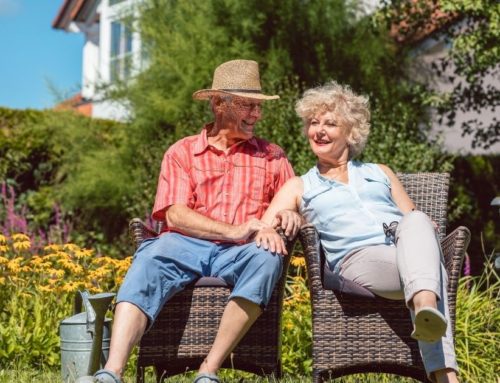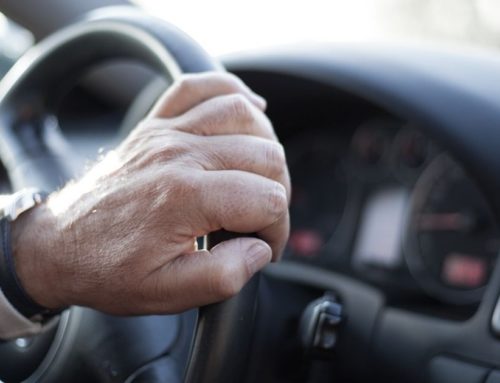Elder abuse is one of the greatest and most prevalent injustices in our society. Each year, about one in ten people aged 60+ experience some form of elder abuse in the United States. The ongoing pandemic has caused a severe increase in the rate of elder abuse, nearly doubling estimates from previous years. June 15th marks World Elder Abuse Day, designated to help raise awareness and bring justice to the abuse carried out against those of advanced age.
Warning Signs of Elder Abuse
Everyone reacts to abuse in different ways, meaning there is a plethora of behaviors which could indicate that an elderly person is undergoing abuse. Some of the more common signs of elder abuse include:
- Unexplained injuries
- Avoidance to activities previously enjoyed
- Dirty or otherwise unsafe living conditions
- Unpaid bills
- Withdrawal from social activities
- A sudden change in personality
- Poor hygiene
Types of Elder Abuse
The ways in which elder abuse can occur are plentiful. Here are the general categories of abuse:
Neglect
This type of abuse occurs when a caregiver refuses to fulfill the needs of an older adult who they are supposed to be taking care of. This does not mean that the caregiver makes a mistake every once in a while, but rather that the caregiver engages in a pattern of behavior of ignoring the needs of an elderly person. A common type of neglect experienced by elders is abandonment, where an elder is deserted by the person who is supposed to be caring for them.
Physical Abuse
Physical abuse involves harm being done to an older adult through some form of physical force. This force can range from acts of overt violence such as hitting to acts such as forcefully restraining the elderly person against their will.
Emotional Abuse
While this type of abuse may be quickly written off by some, it can be just as harmful as physical abuse. Acts of emotional abuse include things such as threatening, ridiculing, and isolating the elderly person in question. Emotional abuse can be devastating to the mental health of an older person, which can lead to a severely increased risk of suicide.
Financial Abuse
A rather insidious method of abuse, financial abuse robs older adults of their life savings. Someone caring for an elder person might commit financial abuse by robbing the elder of their valuable possessions such as jewelry, forging checks in their name, or even changing the receiver of their inheritance.
Sexual Abuse
Elder sexual abuse is a type of abuse classified as forcing an elderly person into a sexual encounter against their will. This type of abuse is particularly present in women, and is often accompanied by physical and emotional abuse.
Putting a Stop to Abuse
If you suspect that elder abuse is occurring, the next step is to report it to your local Adult Protective Services (APS) agency. You can also call the Eldercare Locator at 1-800-677-1116 for information on your local APS agency and other immediate steps to take. If you have reason to believe that an elderly person is in imminent danger, please call 911.
Keep the Elders in Your Life Safe





